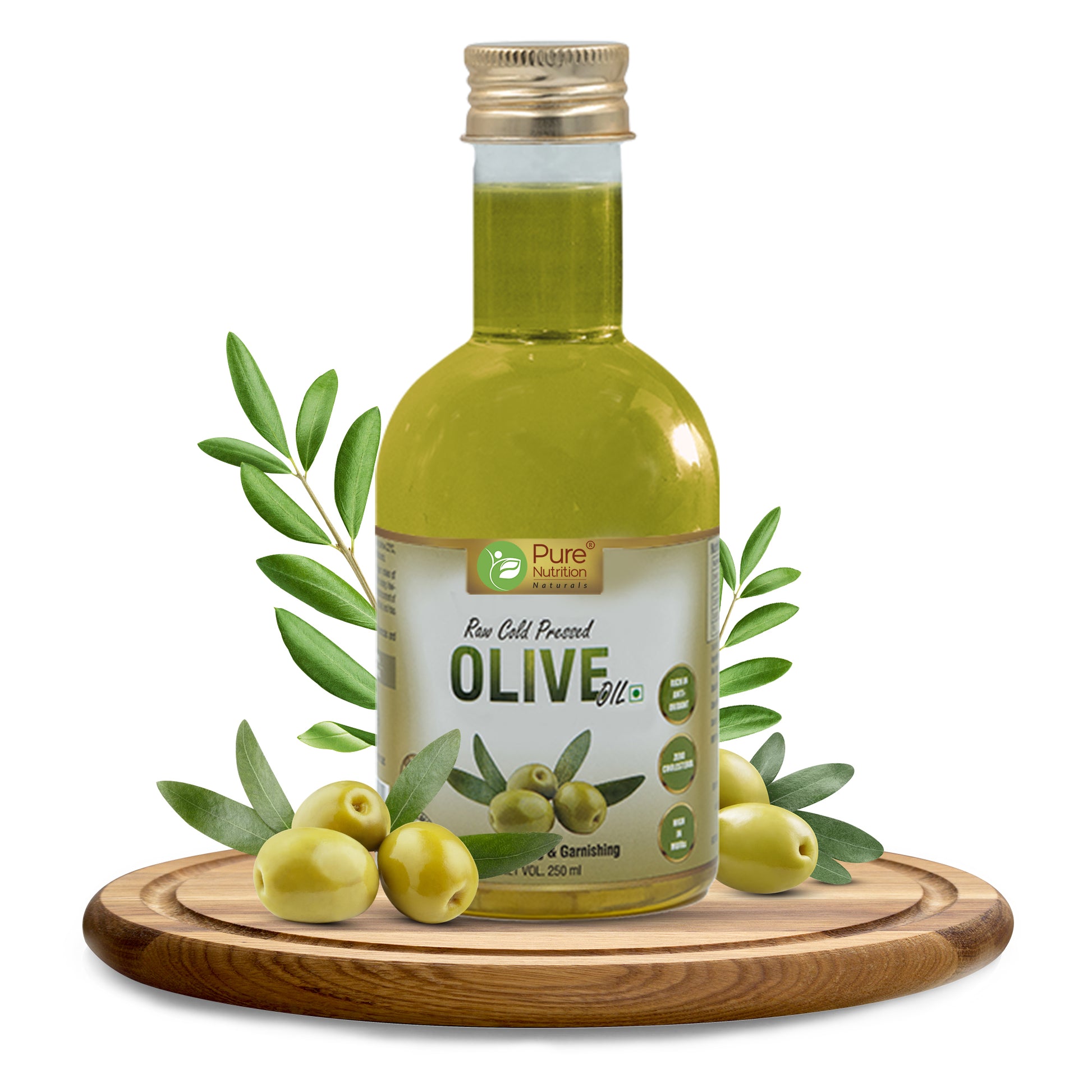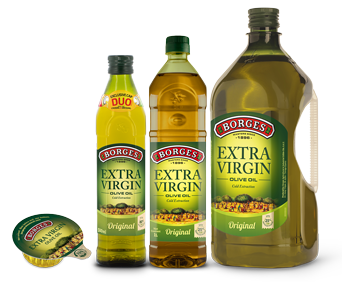Exploring the Various Kinds of Olive Oil and Their Uses, Consisting Of Additional Virgin Olive Oil
The exploration of olive oil incorporates a diverse variety of kinds, each offering culinary applications and unique tastes. Extra virgin olive oil, renowned for its premium top quality and health and wellness benefits, serves as a staple in several kitchen areas, yet it is only one element of this complex component.
What Is Olive Oil?
Acquired from the fruit of the olive tree, olive oil is a staple in Mediterranean food and a crucial component in various culinary applications. This functional oil is created by pressing entire olives, leading to a fluid that differs in taste, color, and fragrance depending on the sort of olives utilized, the region of farming, and the extraction process. Olive oil is primarily made up of monounsaturated fats, specifically oleic acid, which is known for its prospective health benefits, consisting of anti-inflammatory buildings and cardiovascular assistance.
In addition to its cooking usages, olive oil has a lengthy background of application in traditional medication and skin care, owing to its abundant antioxidant web content (extra virgin olive oil benefits). The oil is frequently used in dressings, marinates, and for cooking approaches such as sautéing and roasting. Its distinct taste account can boost the preference of different meals, making it a crucial component for both home chefs and professional cooks
Furthermore, olive oil is celebrated for its function in the Mediterranean diet regimen, which is connected with countless wellness advantages. As understanding of these advantages expands, olive oil remains to gain appeal worldwide as an essential component of a healthy and balanced way of living.
Sorts Of Olive Oil
Comprehending the various kinds of olive oil is essential for both culinary fanatics and health-conscious customers. Olive oil is classified primarily based on its extraction method and top quality, which considerably impacts its flavor, fragrance, and health advantages.

Light olive oil, despite its name, refers to a lighter flavor and not lower calories. It is suitable for those seeking a more refined taste in marinades and dressings. Furthermore, there are flavored olive oils infused with herbs, seasonings, or citrus, which can boost recipes without the need for extra spices.
Each kind of olive oil offers particular cooking objectives, and recognizing these differences enables consumers to make educated selections that straighten with their food preparation styles and health goals.
Bonus Virgin Olive Oil
Extra virgin olive oil (EVOO) is commonly considered the finest olive oil readily available, renowned for its rich flavor and numerous wellness advantages. To be identified as extra virgin, the oil has to be produced from fresh olives using mechanical procedures, without the use of solvents or too much warm. This precise approach protects the oil's natural flavors, anti-oxidants, and healthy fats, leading to an item with a reduced level of acidity level of less than 0.8%.
EVOO is abundant in monounsaturated fats, particularly oleic acid, which is linked to decreased inflammation and boosted heart wellness. It also has polyphenols, powerful anti-oxidants that might use safety impacts against persistent conditions. The flavor profile of EVOO can differ substantially depending upon the olive range and region of production, varying from grassy and fruity to durable and peppery.

Culinary Uses of Olive Oil

In food preparation, olive oil can be utilized for sautéing, toasting, and barbecuing, supplying a healthier option to butter or various other fats. Its high smoke point makes it appropriate for different cooking methods, while its anti-oxidants contribute to a heart-healthy diet plan. Showering olive oil over ended up recipes, such as pasta, fish, or grilled veggies, can raise tastes and include a touch of elegance.
In addition, olive oil plays a significant role in cooking, where it can change traditional fats in dishes for bread and pastries, giving dampness and a refined taste. It additionally works as a base for instilled oils, permitting chefs to experiment with tastes such as garlic, natural herbs, or chili, further expanding its culinary capacity. In general, olive oil's flexibility makes it crucial in both home and specialist kitchen areas.
Picking Top Quality Olive Oil
When picking high quality olive oil, it's vital to consider numerous essential factors that affect the product's flavor, wellness, and scent advantages. Most importantly, go view publisher site with extra virgin olive oil (EVOO), which is obtained from the initial chilly pushing of olives and includes the highest possible levels of antioxidants and beneficial compounds. Look for oils that are licensed by recognized organizations, as this typically makes certain adherence to strict high quality criteria.
The packaging likewise plays a substantial duty in preserving the oil's stability. Select oils saved in dark glass containers or tins to protect against light deterioration. Take notice of the harvest day; fresher oils offer remarkable taste and dietary worth, so pick items that are within 18 months of their harvest.
On top of that, consider the origin of the oil. Top notch olive oils usually originate from specific regions known for their distinct flavor profiles, such as Italian, Spanish, or Greek oils. Be mindful of the preference; an excellent top quality olive oil need to have an equilibrium of fruity, bitter, and sharp notes, suggesting its richness and complexity. By browse around this site evaluating these factors, helpful hints you can ensure you are picking the ideal olive oil for your cooking requirements.
Conclusion
In recap, the expedition of various sorts of olive oil discloses unique qualities and applications, with extra virgin olive oil standing for the pinnacle of quality as a result of its low acidity and high antioxidant material. Its convenience in culinary usages improves flavors in dressings, sauces, and sprinkles. Understanding the various ranges of olive oil enables educated choices in food preparation techniques, advertising much healthier practices while improving the overall gastronomic experience. Quality option stays crucial for optimum benefits.
Obtained from the fruit of the olive tree, olive oil is a staple in Mediterranean food and a key component in numerous culinary applications.The most typical kinds of olive oil include fine-tuned olive oil, pure olive oil, and light olive oil.Bonus virgin olive oil (EVOO) is widely concerned as the highest possible quality olive oil available, renowned for its abundant taste and various health and wellness advantages. Decide for extra virgin olive oil (EVOO), which is obtained from the very first cold pressing of olives and has the highest levels of antioxidants and valuable compounds.In summary, the exploration of different types of olive oil exposes distinctive characteristics and applications, with extra virgin olive oil representing the pinnacle of high quality due to its reduced level of acidity and high antioxidant web content.
Comments on “The Best Extra Virgin Olive Oil Benefits for Fighting Chronic Diseases”